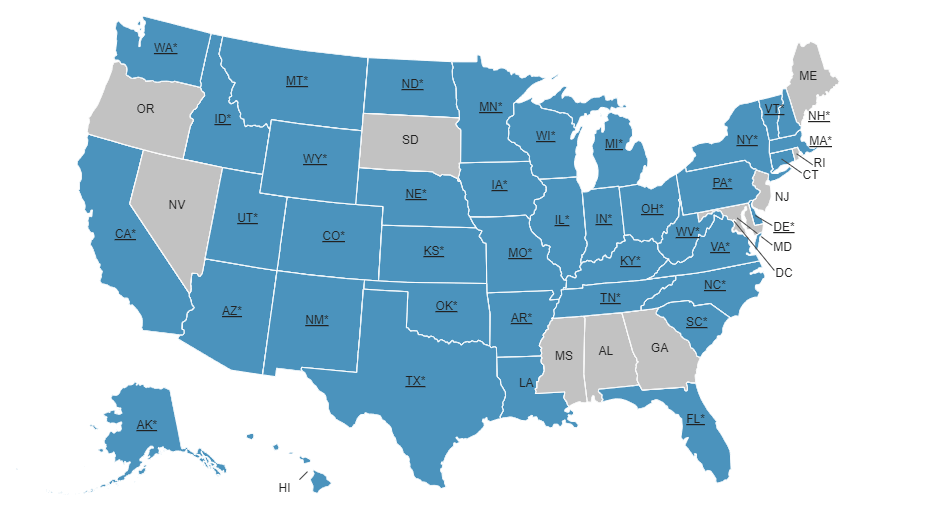It has been a year since I have reported on a state adopting the duty of technology competence for lawyers, but now there is another: Hawaiʻi, bringing the total number of states that have adopted the duty to 40.
Effective Jan. 1, 2022, the state’s Rules of Professional Conduct were amended to revise Comment 6 to Rule 1.1, pertaining to competence, to add the duty of technology competence. The comment now reads:
Maintaining Competence
To maintain the requisite knowledge and skill, a lawyer should engage in continuing study and education and keep abreast of changes in the law and its practice, including the benefits and risks associated with relevant technology. See comments [18] and [19] of Rule 1.6.
[See my Tech Competence page where I track the states that have adopted this duty.]
The Hawai‘i Supreme Court adopted the revision by order dated Aug. 18, 2021, effective Jan. 1, 2022. The order also amended Rule 5.3, Responsibilities Regarding Nonlawyer Assistants, Comment 2, to add the following boldface language regarding technology:
Paragraph (a) requires lawyers with managerial authority within a firm to make reasonable efforts to establish internal policies and procedures designed to provide reasonable assurance that nonlawyers in the firm will act in a way compatible with the Rules of Professional Conduct. Reasonable efforts should include careful consideration of the use of technology and office resources connected to the internet, external data sources, and external vendors providing services relating to client data, and the use of client data.
In 2012, the American Bar Association formally approved a change to the Model Rules of Professional Conduct to make clear that lawyers have a duty to be competent not only in the law and its practice, but also in technology. The ABA’s House of Delegates voted to amend Comment 8 to Model Rule 1.1 to read as follows:
Maintaining Competence
To maintain the requisite knowledge and skill, a lawyer should keep abreast of changes in the law and its practice, including the benefits and risks associated with relevant technology, engage in continuing study and education and comply with all continuing legal education requirements to which the lawyer is subject. (Emphasis added.)
In the decade since, 40 states have adopted some version of this duty. I’ve tracked them all here.
 Robert Ambrogi Blog
Robert Ambrogi Blog